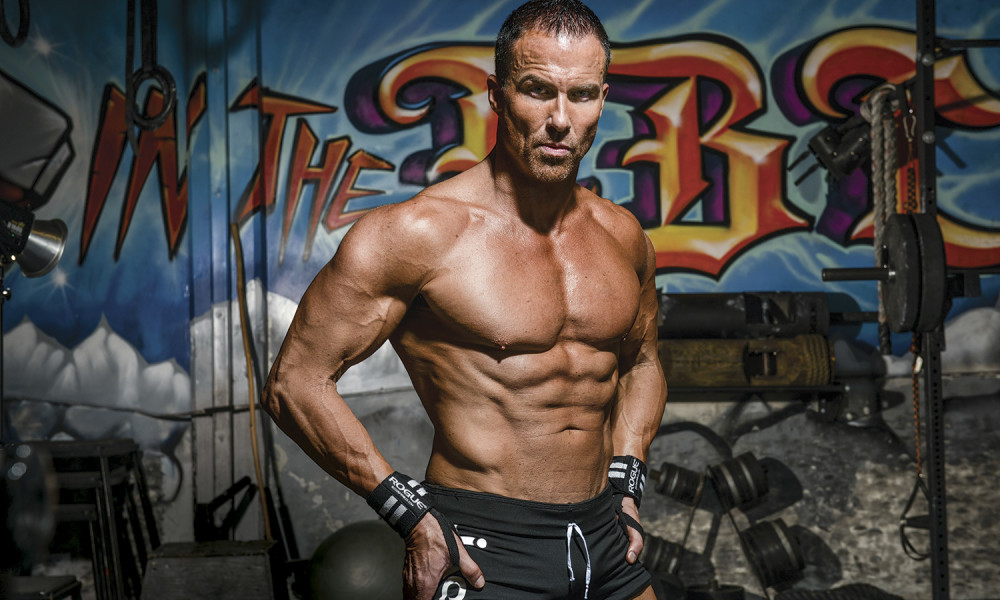

Testosterone replacement therapy—the use of doctor-prescribed hormones to bolster flagging levels—is a tricky subject. In pop culture, testosterone is often equated with violence, aggression, and overall douchebaggery. In sports, it’s thought to be the telltale sign of drug-abusing cheats. In polite society, it’s more acceptable to have a prescription for medical marijuana than testosterone cream. The UFC has banned it. Tour de France champions have been dethroned because of it. Testosterone replacement therapy (known as TRT) seems to be at the peak of its vilification. And the irony is, more of us need it now more than ever.
On a global scale, testosterone levels are dwindling. A few years ago, a study published in The Journal of Clinical Endocrinology & Metabolism looked at testosterone levels of age-matched men in the 1980s, 1990s, and 2000s. The subjects from the ’80s had higher testosterone levels than those in the ’90s who had higher levels than those from the 2000s. Essentially, your father had more testosterone than you, and your grandfather had more than both of you. What’s the deal?
It’s impossible to isolate a single reason for the rising rate of hypogonadism (the technical term for low testosterone), as a multitude of factors most likely contribute: pesticides, fertilizers, tainted food, environmental estrogens leaching into groundwater, poor exercise habits, watching the Kardashians on TMZ (just kidding). What is equally complex is the effect testosterone has on so many physiological functions. Armchair doctors like to think of TRT solely in terms of inflated muscles and erections, but the truth is testosterone positively influences mood, memory, focus, confidence, bone health, cholesterol levels, blood sugar, and metabolism.
Jay Campbell is the creator of the Fab Fit Over 40 podcast and author of the new book The Definitive Testosterone Replacement Therapy Manual: How to Optimize Your Testosterone for Lifelong Health and Happiness (available on Amazon and trtrevolution.com). Campbell has become a crusader for clearing up the misinformation that persists about therapeutic testosterone. He has been in firsthand contact with hundreds of men who live with the misery of low testosterone but who have fallen prey to the myth that testosterone is one of society’s ills.
“When it comes to the stigma of testosterone and violence or aggression, I find it to be quite the opposite,” Campbell says. “I work with a lot of different men, but I find that guys who get their hormones balanced with therapeutic testosterone become much more accomplished, better achievers, better husbands. It solves so many problems that you directly deal with on a day-to-day basis.”
Mike Carlson: What is your personal experience with TRT?
Jay Campbell: I stared TRT one month before I turned 30. I was suffering from everything: loss of energy, loss of libido, stalled gains in the gym. I didn’t know what was happening. A doctor took my blood panels and my total testosterone level was 270 ng/dl. Natural levels for a guy my age is anywhere from 700 to 800 ng/dl. His theory was that I overtrained myself into low testosterone. My nutrition was poor, I was nonstop on a high-pressure job, lifting weights, and playing hoops four to five night a week. This is a common in the military—guys in Special Forces will be 24 years old and have testosterone levels in the 200s.
MC: Had you ever used anabolic steroids prior to TRT?
JC: I have never used steroids or any performance-enhancing drugs. Before testosterone, I had never done anything besides over-the-counter supplements.
MC: How long have you been on TRT?
JC: It will be 15 years straight come January. I will be 45 in February.
MC: Do you believe we are facing an epidemic of low testosterone levels?
JC: I would say yes. However, the mainstream media would not classify it as that. And the main reason is that not enough guys are getting diagnosed. Most men are embarrassed about symptoms, whether they’re 28, 38, or 48. It’s just one of the taboo subjects that guys don’t discuss with one another, so it’s not going to be considered an epidemic because not enough guys are getting measured.
MC: Do a lot of guys feel there’s a social stigma attached to TRT?
JC: There is absolutely a stigma. It’s demonized because there’s a huge underground community that uses steroids—and I hate grouping testosterone in with steroids—for performance enhancement and too many mainstream sources use that as their only reference. When TRT is done correctly, it’s not about performance enhancement; it’s about restoration and optimization. When you have suboptimal levels of testosterone and your hormones are not balanced between testosterone and estrogen, you start having a lot of symptoms. It can be more gut fat, faster aging, lack of energy, brain fog.
MC: How can guys deduce if they need to get tested?
JC: The most common but little-known symptom is brain fog. The average guy who is 40 years old and has low testosterone is exhausted by two p.m. That’s the number one symptom of low testosterone—this complete lethargy and brain fog in the middle of the day. What do most guys do instead of get measured? They drink more coffee or take a stimulant. They do something to push themselves through the day, but they are suffering horrendously. Relief from brain fog is the number one benefit and the fastest relief that guys see from TRT. It literally happens within about 10 days. Some guys see improvement within 72 hours.
MC: Is erectile dysfunction an accurate measuring sick?
JC: No, it’s not. And that’s part of the problem. Many men go to the doctor and complain of low energy, poor libido, and brain fog, only to leave with a prescription for Cialis and an antidepressant. What they need is a blood panel drawn to see if they have low testosterone, which is often the cause of many of the symptoms they are experiencing.
MC: If you graphed the obesity epidemic and the low testosterone epidemic, would they look similar?
JC: Absolutely. There is an entire chapter in my book about insulin resistance, metabolic disorder, and the role obesity plays in lowering testosterone in males. It’s kind of a chicken or the egg situation. Is low testosterone causing obesity, or is obesity causing low testosterone? It’s actually both. No obese man should realistically go on TRT unless they agree to a number of lifestyle changes. They have to go on a reduced-calorie diet and engage in strength and endurance training, at the very least.
MC: Who is a viable candidate for TRT?
JC: You cannot wholly rely on blood-range values; you have to go by symptoms. There is a correlation between testosterone levels and symptoms, but an experienced, perceptive physician will know that symptoms predate marked abnormalities in serum hormonal levels. In my opinion, you should have a total testosterone level below 500 before considering TRT.
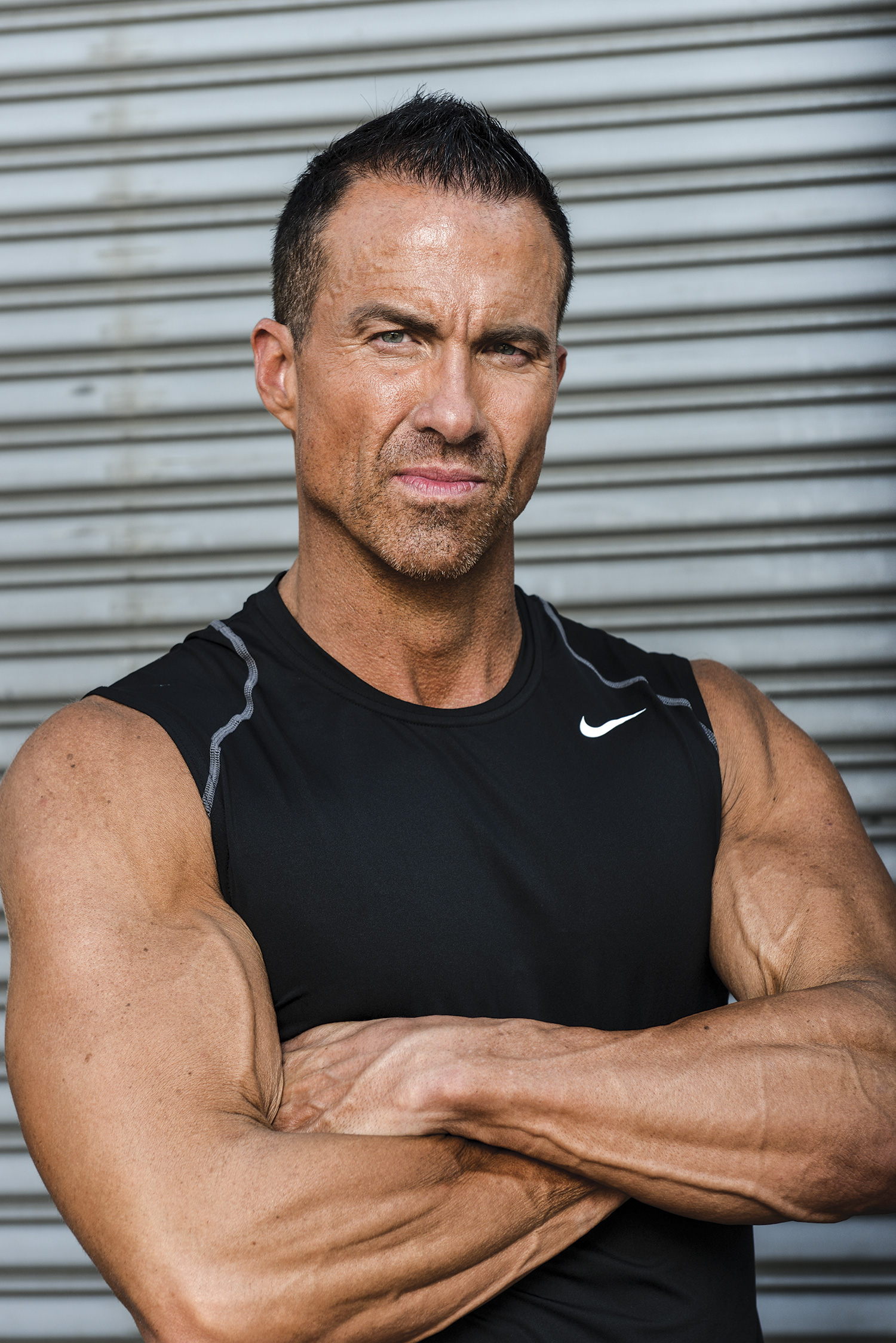
MC: Is this chasing an extended adolescence? Isn’t a certain amount of age-related decline just part of the natural maturation process?
JC: Yes, but there is no reason you can’t age gracefully and within the context of health and longevity, and you can do that by working with a progressive physician who can balance your hormones. Again, this is not performance enhancement. This is not building muscle or creating super-erections. This is warding off the diseases of aging, and the best way to do this is through diet, exercise, and hormone optimization. There are many old-school guys in bodybuilding, the Frank Zanes of the world, who didn’t abuse anything and had amazing physiques and now they are in their 60s and 70s and they still look sensational. They have no issues, and cognitively they are all there. Most of those guys are using 100 to 150 milligrams of testosterone a week to maintain their vitality.
MC: Are there side effects associated with TRT?
JC: There can be side effects. In my experience, less than 10 percent of men on properly dosed TRT suffer any side effects. For those who eat like shit, assume a lot of stress, and have poor sleep hygiene, I would estimate that up to 25 percent might suffer side effects. These side effects are not serious and are reversible. The most common is imbalanced estrogen and testosterone, which can cause water retention, irritability, and sexual dysfunction. In the worst-case scenario, men can get swollen breast tissue, known as gynecomastia. But by working with the right physician, there are medications that can reduce, if not eliminate, those potential side effects.
MC: I know most insurance won’t cover TRT, so what’s the average out-of-pocket per month?
JC: It used to be for the elite and the affluent, but that is changing. I’m working with a company in Florida right now called Defy Medical. Patients submit blood work, undergo a physical examination, either locally or via a remote physician, and are prescribed an appropriate regimen. They get cops and firemen and blue-collar people. These are not six-figure wage earners. I think you would be all in to Defy to the tune of about 400 to 600 dollars to start and then about 75 to 150 dollars a month. If you are able to afford a concierge physician, you’re likely looking at 250 to 400 dollars a month depending on the additional nutritional supplementation and regular testing you choose to purchase.
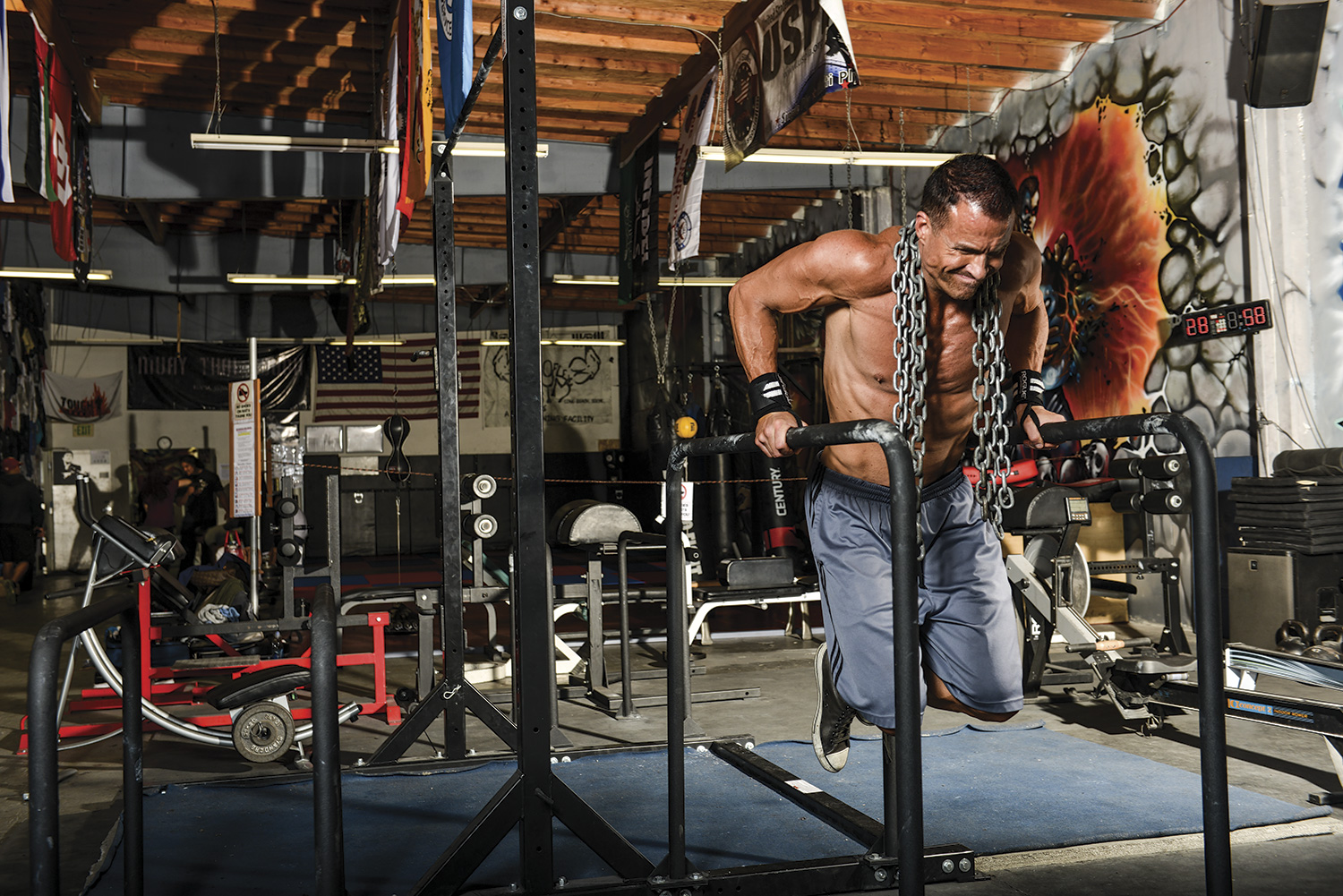
MC: Let’s say I get a prescription. How do I take it?
JC: There are currently more than 10 different delivery systems. I won’t denigrate any of them because some guys might be needle-phobic, and that is a real
phenomenon. Some of the most common forms are pellets, creams, and injections. Pellets are surgically implanted in your hip. Creams, like the number one prescribed Androgel, are fine for most guys if they don’t want to inject themselves or undergo invasive surgery. Creams are administered daily to areas of the body that are shaved and cleaned. After you apply them you can’t bathe, go into a pool, or have any contact with loved ones—be it your partner or a child—because the cream can rub off on them and cause serious problems. To me, many of these seem inconvenient compared to an injection, but a lot of guys find their own daily protocol that works. A good physician will tell you that creams will not give you the same rise in testosterone blood levels that you get from an injection. A TRT physician or nurse will administer the first several injections. Once they are comfortable, the patient can do it. It’s an intramuscular injection, so you can hit it in your quad, upper gluteal region, or the upper deltoid. You have at least six areas on your body you can inject with minimal risk.
MC: You say that TRT is not for vanity and performance, but you’re completely jacked. Are you being honest about TRT?
JC: I am a function of my training and our lifestyle. I am 6’1” and 210 pounds, but I don’t have great magazine-style genetics. I look this way because I am a freak about my diet. I eat almost zero sugar. I haven’t had a sip of alcohol in 14 years. I don’t do anything that would make my body look like shit. I am aging awesomely. In the 15 years I have been on testosterone, I have never once taken more than 250 milligrams a week.
MC: I have to ask, do you have a financial interest in a TRT company?
JC: No, I wish I did [laughs]. Where I see this going is that we are 10 years from this being an official epidemic. I think that 10 years from now, testosterone clinics are going to be like Starbucks. I feel like there is no way that this won’t become a very large industry.
MC: And you are on TRT for the rest of your life?
JC: At 40, the rate of decline for natural testosterone production is swift. I have studies in my book that show it can be as much as 1.2 percent per year. In my opinion, the optimal solution to avoid an eventual testosterone deficiency is working with a progressive physician to use TRT in the context of health and longevity. Once a person chooses to use TRT, it is a life long endeavor due to your body shutting down endogenous production. But I would like it to be clear that the fear many men hold about having to use TRT for life is really a misunderstanding of what is a biological eventuality. My strategy is the most logical. I am taking ownership of my health via the most scientific strategy available to maintain optimal levels of the most critical male hormone until the end of my days. So this whole “you’ve gotta be on it for life” complaint is nonsense. The reward is greater than the hardship. IM












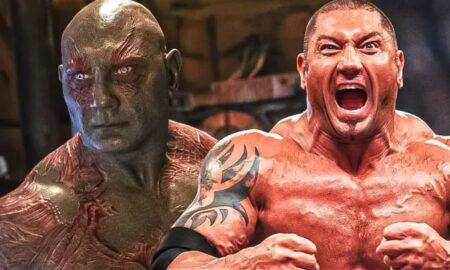
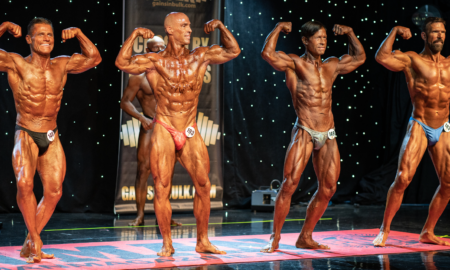
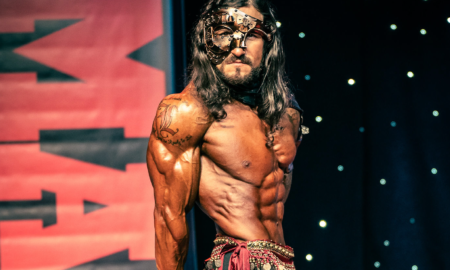


You must be logged in to post a comment Login